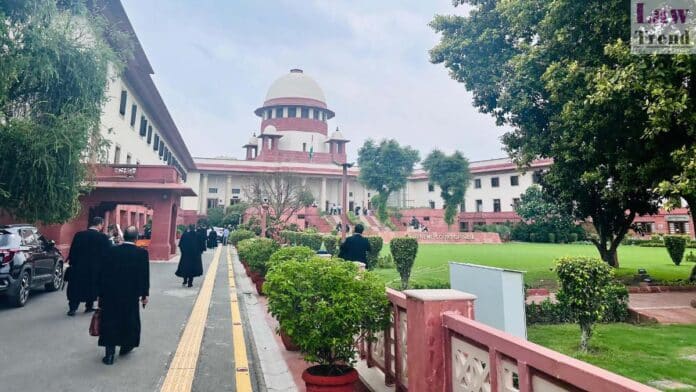The Supreme Court of India, in a significant ruling on judicial jurisdiction, has held that High Courts should not entertain writ petitions under Article 226 of the Constitution in service matters where an effective alternate remedy is available before a State Administrative Tribunal. A bench comprising Justice J.K. Maheshwari and Justice Vijay Bishnoi dismissed a
To Read More Please Subscribe to VIP Membership for Unlimited Access to All the Articles, Download Available Copies of Judgments/Order, Acess to Central/State Bare Acts, Advertisement Free Content, Access to More than 4000 Legal Drafts( Readymade Editable Formats of Suits, Petitions, Writs, Legal Notices, Divorce Petitions, 138 Notices, Bail Applications etc.) in Hindi and English.




